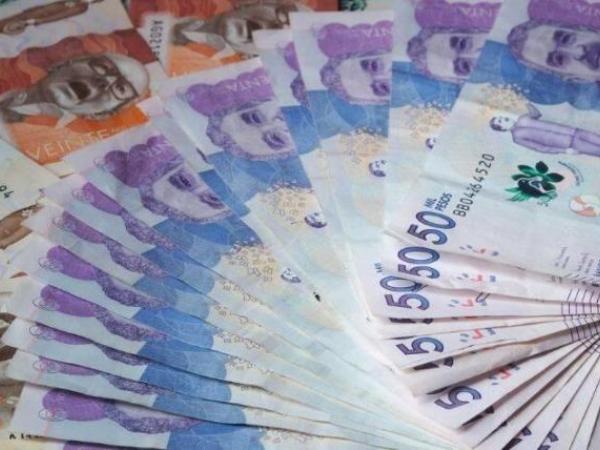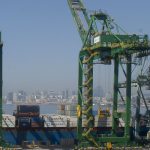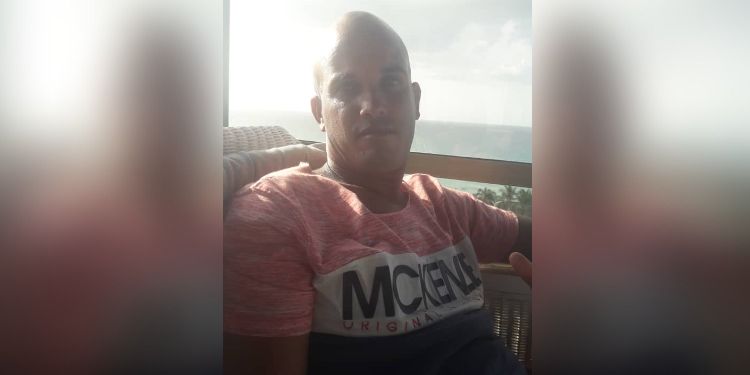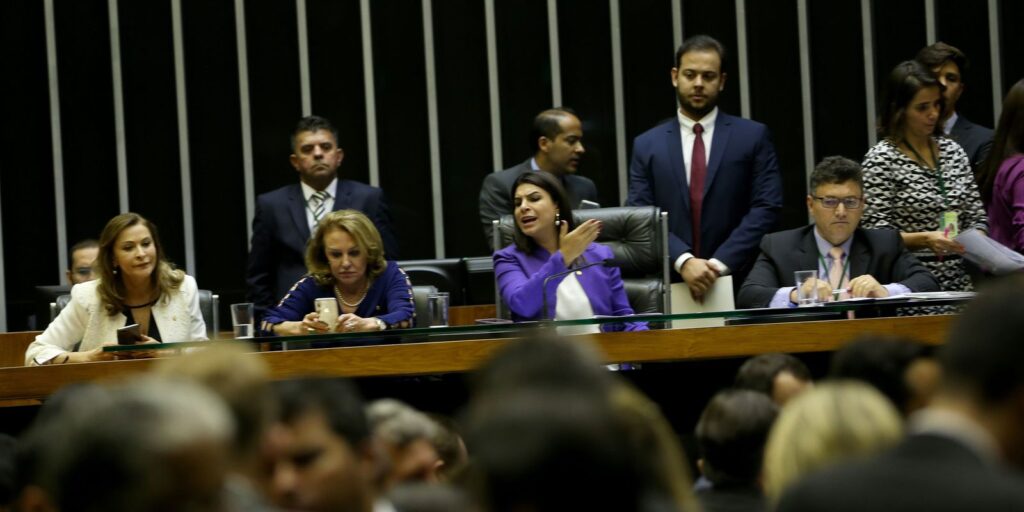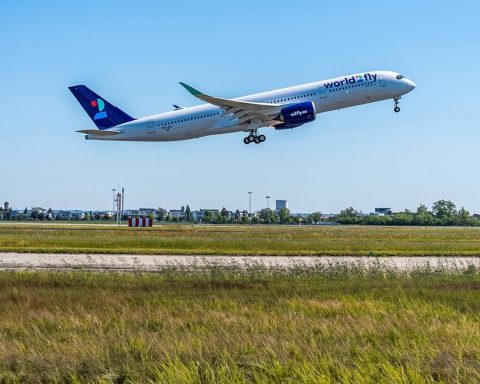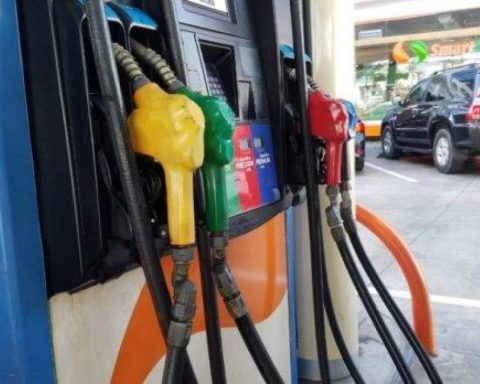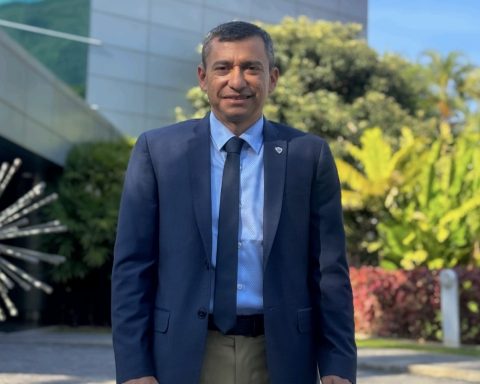The International Monetary Fund granted Colombia a new flexible credit line (LCF) of $9.8 billion designed for crisis prevention, which he said will boost confidence in the Andean economy as it recovers from the pandemic.
(Read: Banco de la República reveals its decision on interest rates).
The IMF cited on Friday the “very strong economic fundamentals and institutional policy frameworks” from Colombia in its approval of the country’s access to funds. “The agreement should boost market confidence and, combined with the comfortable level of international reserves, provide insurance against external downside risks,” the Fund said in your statement.
The number represents a reduction of about 40% of your line of credit previous. “Before the pandemic in 2020, Colombia was gradually reducing access under its FCL agreements, and the new agreement resumes this path,” the IMF said. The flexible credit line was created in 2009 to encourage countries to request assistance before facing a full blown crisis.
Colombia was the first and so far the only country to take advantage of such a line of credit when it took a US$5.4 billion credit from the IMF in 2020 to help fund the response to the pandemic. After markets crashed in early 2020, Chile and Peru joined Mexico and Colombia as the only nations with access to IMF flexible credit lines.
(Keep reading: Unemployment in March in Colombia was 12.1%).
The decision comes one month before the Colombian presidential election. A poll published on Friday indicated a likely runoff between leftist senator Gustavo Petro and former conservative Medellín mayor Federico “Fico” Gutiérrez.
In this regard, the Finance Minister Jose Manuel Restrepoassured: “This line dates from 2009, it is a line that seeks to face some difficulties that the country may have in terms of liquidity and sends messages of confidence to international markets and becomes a quality seal of prudent and effective management of the Colombian economy”.
In turn, he stressed that the decision will be positive for future investments made in the country. “It is not a conditioned line, it is a line that is granted due to the good framework of public policy, due to the economic institutions that the country has. This approval is given and will be there as a precautionary line. It is a good message for investors and for the country“, the minister pointed out.
BLOOMBERG
